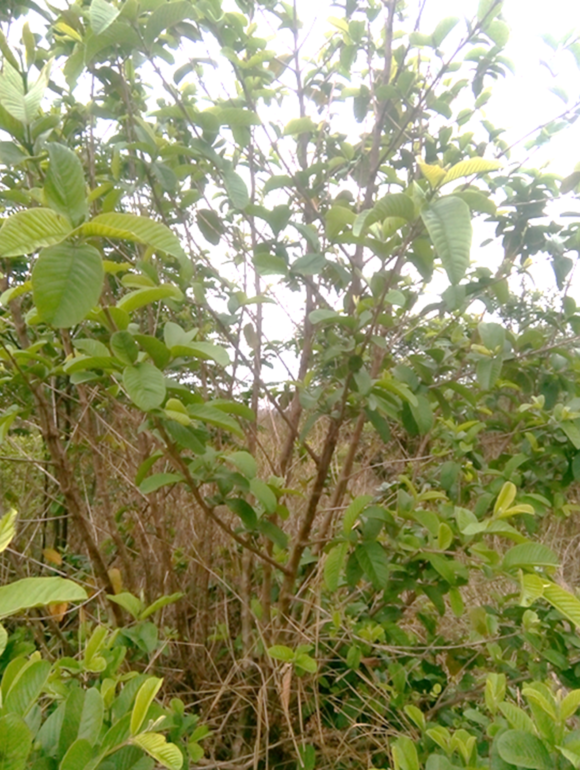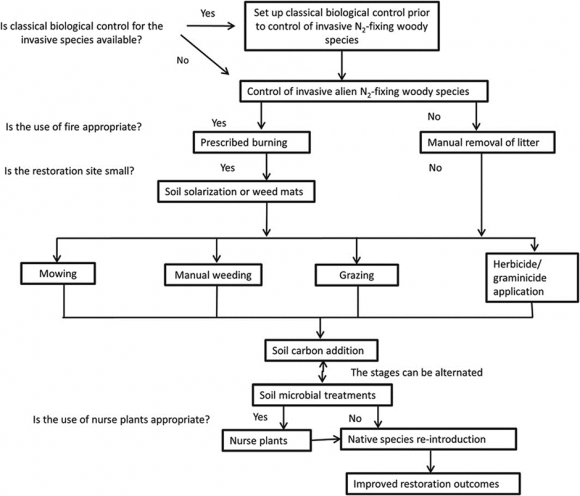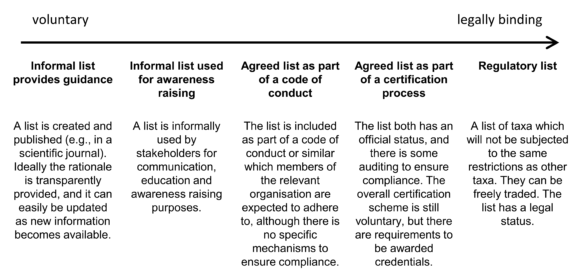Besides being cultivated for commercial purposes, guava (Psidium guajava Linn.) has invaded several rural communities in the Vhembe Biosphere Reserve, South Africa. Guava has benefits and but also come at a cost – given these conflicting impacts, there is a need to incorporate rural community perceptions in the development of effective management plans to avoid conflicts. So, how do rural communities relate to the guava invasion?
To tackle this question, C∙I∙B Core Team member Sheunesu Ruwanza and Gladman Thondhlana (both from Rhodes University) conducted household surveys in four rural communities in the biosphere reserve to understand local people’s perceptions, knowledge, and uses of guava.
The survey revealed that local communities are aware of guava invasion and perceive it to be spreading in the area. Local communities mentioned several benefits of guava including fruits for consumption, leaves for medicinal purposes, provides shade and firewood.
However, the plant also has some costs such as attraction of problematic animals, displacement of native plants, and reduction of grazing and agricultural space. Most of the respondents thought that the benefits associated with guava outweigh the costs, which perhaps explains why most households are not implementing any control measures.
“We believe that to improve the management of conflict generating invasive alien plants such as guava, two things should be considered, (i) incorporation of rural community’s views, and (ii) detailed cost-benefit analysis studies should be prioritised to inform management decisions,” says Sheunesu Ruwanza and Gladman Thondhlana, lead authors of the paper published in the Ecosystems and People.
Read the full paper
Ruwanza, S. & Thondhlana, G. 2022. People’s perceptions and uses of invasive plant Psidium guajava in Vhembe Biosphere Reserve, Limpopo Province of South Africa. Ecosystems and People 18(1), 64-75. https://doi.org/10.1080/26395916.2021.2019834
For more information, contact Sheunesu Ruwanza at s.ruwanza@ru.ac.za or Gladman Thondhlana at g.thondhlana@ru.ac.za




